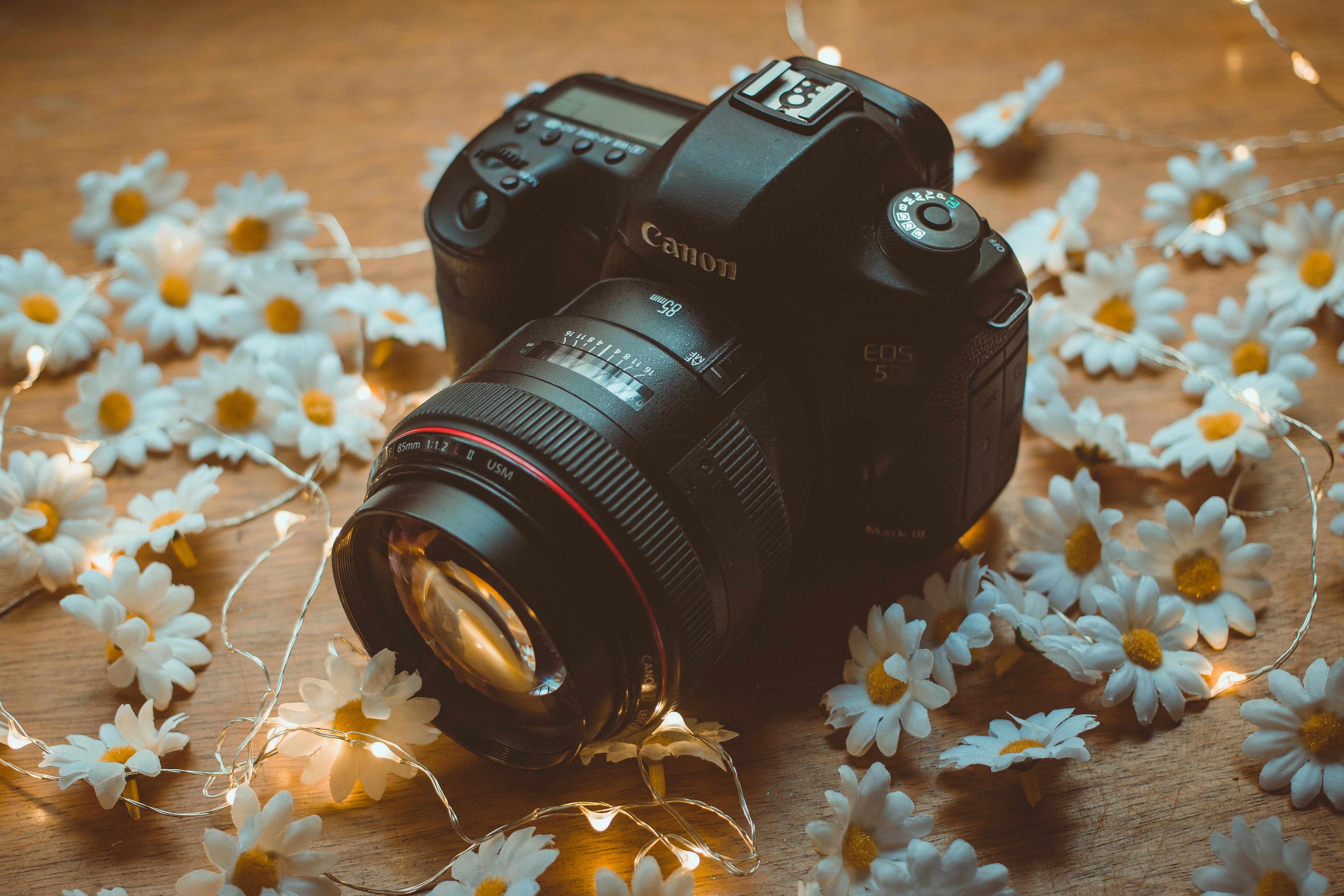American poet and political activist Muriel Rukeyser said, “The universe is made of stories, not atoms.” Ursula K. LeGuin has been quoted as saying, “There have been great societies that did not use the wheel, but there have been no societies that did not tell stories.” And yes, okay, both are quotes from storytellers, but these statements suggest that storytelling is very important to all cultures. I have said elsewhere (and I am not the only one) that storytelling is one of the most powerful tools we can use to change our lives. How exactly? How does storytelling help us change our lives more than, say, political action or direct protest? Apart from the fact that political action, etc. it might not change anything or, even if it does, it might not effect lasting change. that kind of process is an external process. Storytelling, on the other hand, whether as giver or receiver, has a hidden internal process.
It can engage us emotionally, intellectually, or both, and the stories can have a direct line to our subconscious, essentially bypassing the need to rationalize the narrative. Like insightful music or art, it engages us on a deeper level. Deep stories are a lover’s arrow to the heart. And the story is working its magic on a deeper level as we’re engaged, entertained, and maybe even laughing out loud. Our willingness to suspend disbelief as we immerse ourselves in the journey allows the story to access our inner being. And since a story will almost always offer us empathy somewhere, it will also be participating in the healing of our wounds. Stories can also help people looking to change their lives by offering different ways of living. They can provide practical solutions to some of our problems and inspire us to great things that might, at other times, stun us.
If we ourselves are the storytellers, then healing could take place when we express what we feel we need. Many storytellers have used elements of autobiography to express their pains, and pain expressed, even, and perhaps especially, through humor, is sometimes pain released. It is, in any case, the beginning of healing.
Now, lest all this sound terribly valuable, stories are fun. But they are also profound and the need for storytelling is severely underestimated in our western society and is often seen as a trivial activity suitable for children, but not really an activity for adults, unless we are too tired to do anything other than throw ourselves in front of the TV to watch soap. The severe underfunding of the arts in the UK is an illustration of how unnecessary it is for back-to-back administrations (thinking they are executing the will of the electorate) to consider storytelling (in all art forms).
A society without narrative is a sterile and emotionally impoverished society. People underestimate the power of stories. They dismiss them as ‘just a story’, thus something without truth or meaning. But if stories are ‘just stories’ and have no power, how come so many people who control the publishing and entertainment industry (not the creative people themselves) want to change their story and make it adhere to a formulaic template? what says the same? everyone else is saying thereby reaffirming the status quo? At best, stories threaten the status quo, which is why the status quo (the big corporations that control the entertainment and publishing industries, not to mention governments) won’t easily publish or endorse controversial or subversive material. (unless they see its commercial potential when published by an independent source).
Thus, stories and storytellers have the potential to be at the forefront of changing paradigms, while those in power want stories that reflect the old paradigms that keep them in power. Therefore, they will seek to censor and censor stories and storytellers who advocate and champion the very changes they fear. Change is inevitable, albeit gradual, and stories and storytellers can be the midwives that help ease the pain of childbirth. Ergo storytelling is one of the most powerful tools we can use to change our lives.
We are all on a journey and a journey is a story. It has (finally) a beginning, a middle, and an end (sort of) even if we haven’t reached the end of ours yet. The stories are a means of expressing that journey and speak to the human need to make sense of life and address the big questions of life and death. They communicate knowledge, are entertaining and stimulate the imagination. Storytelling emotionally engages, nurtures community, and helps us heal. Narrators and stories help us move towards new paradigms.
We are nothing without our stories.



